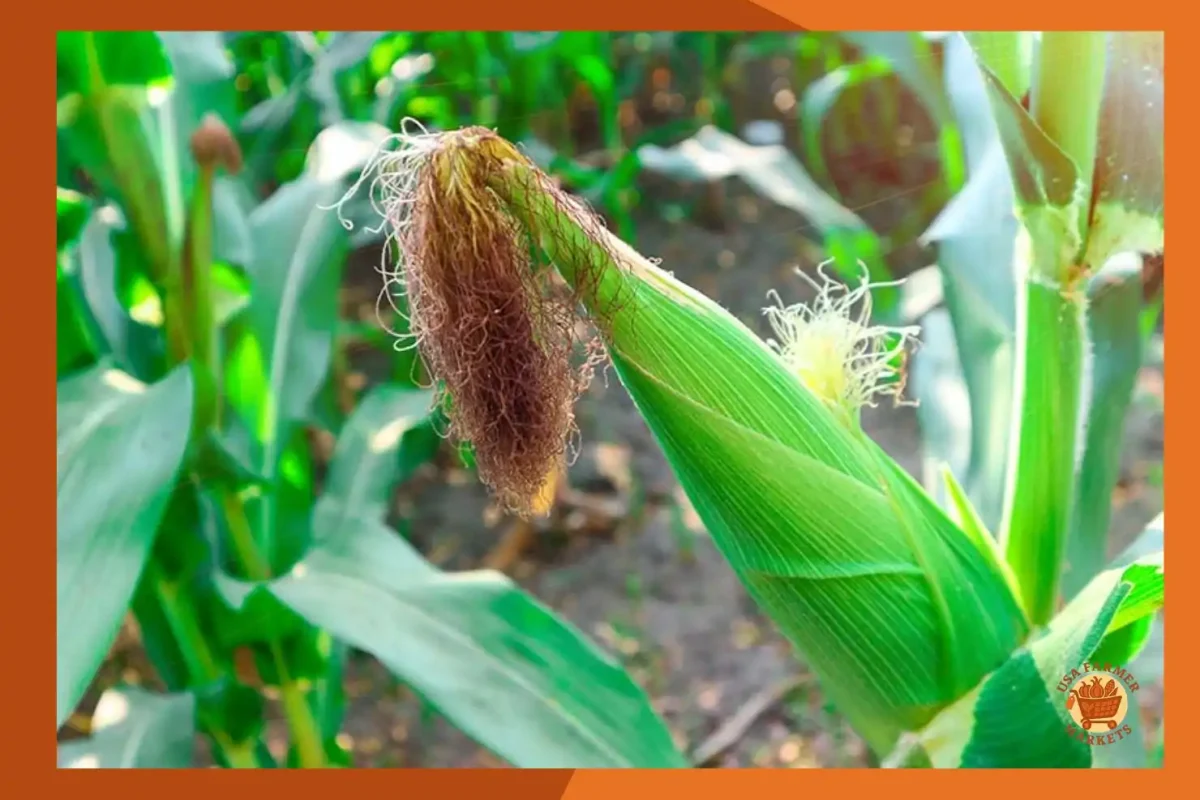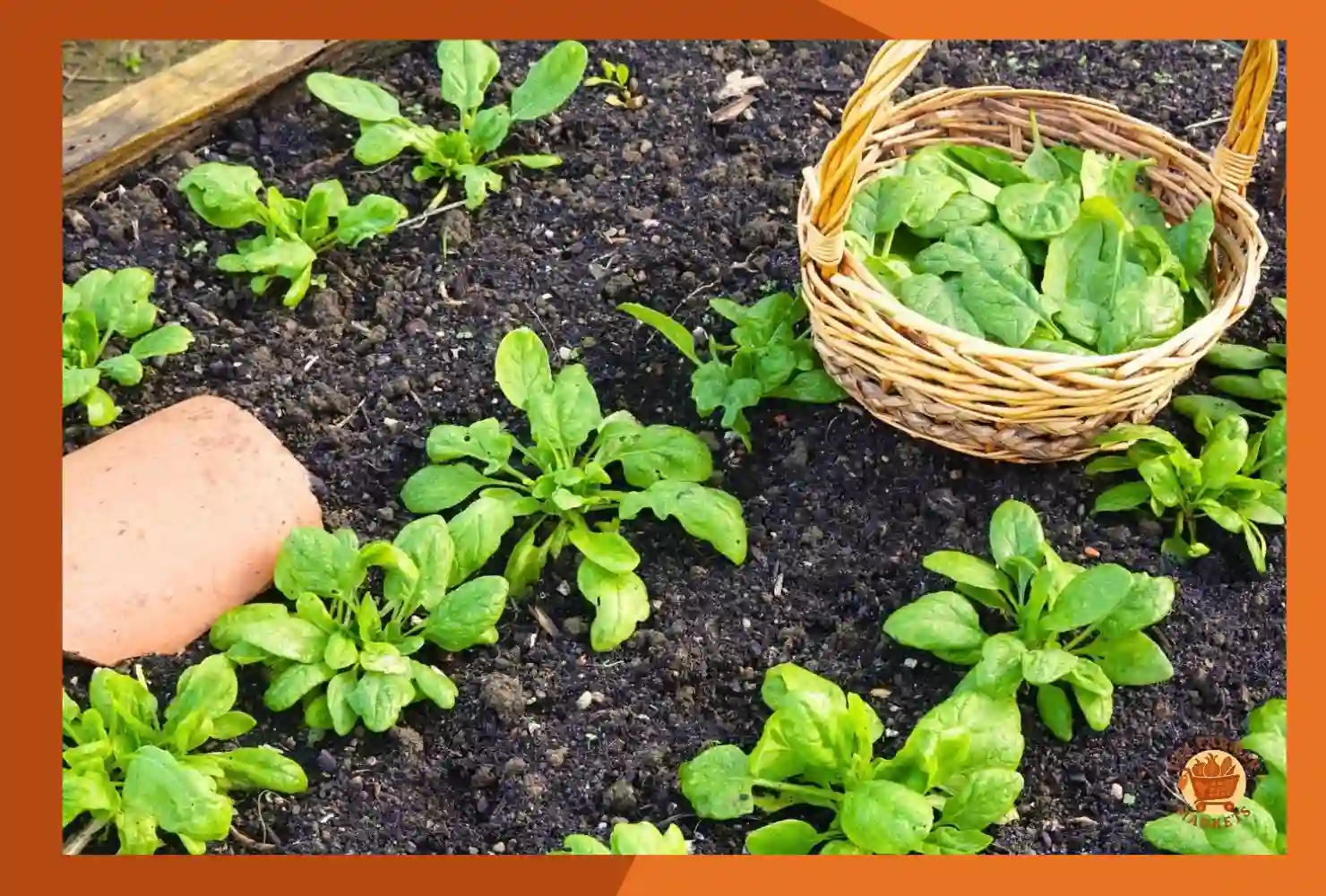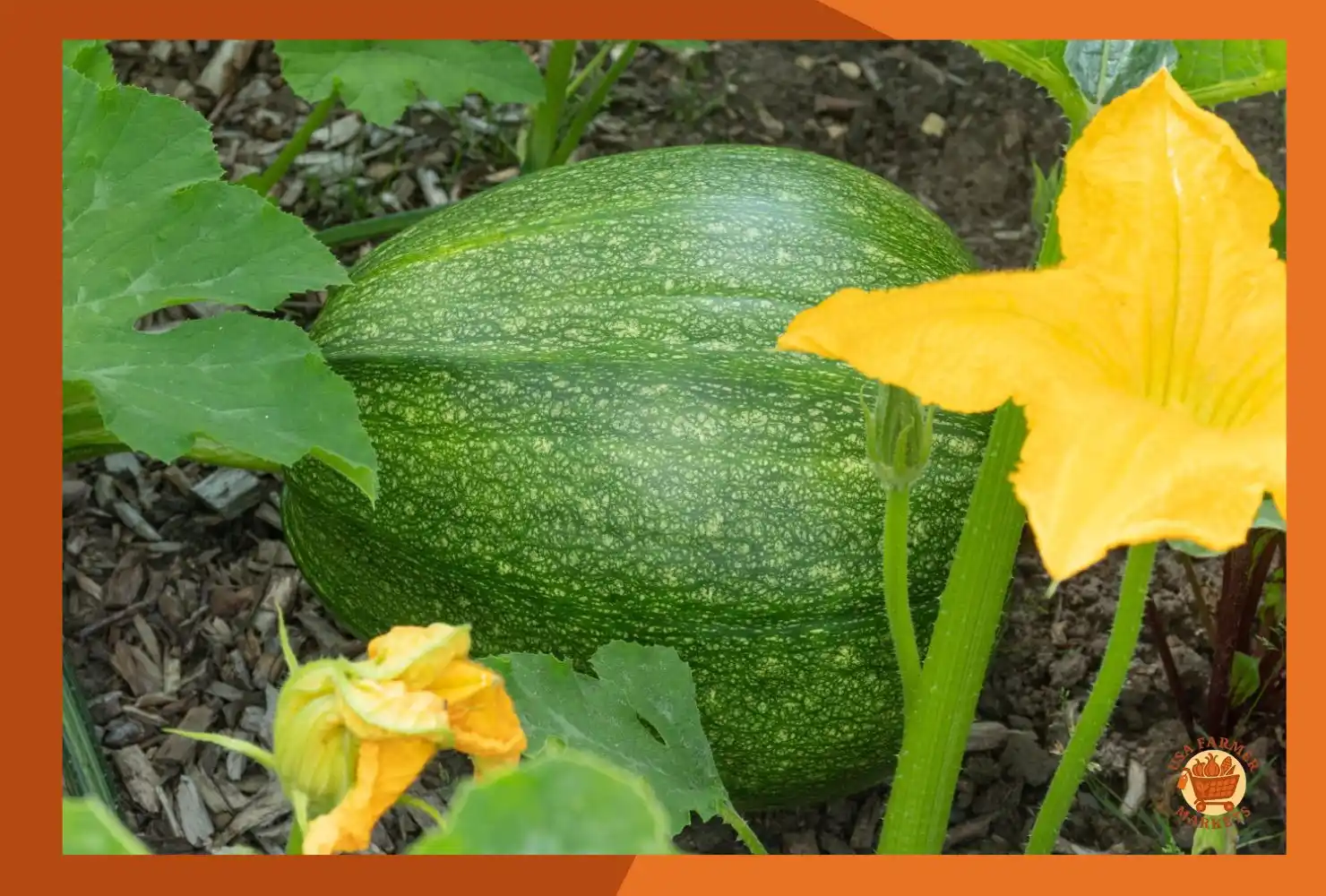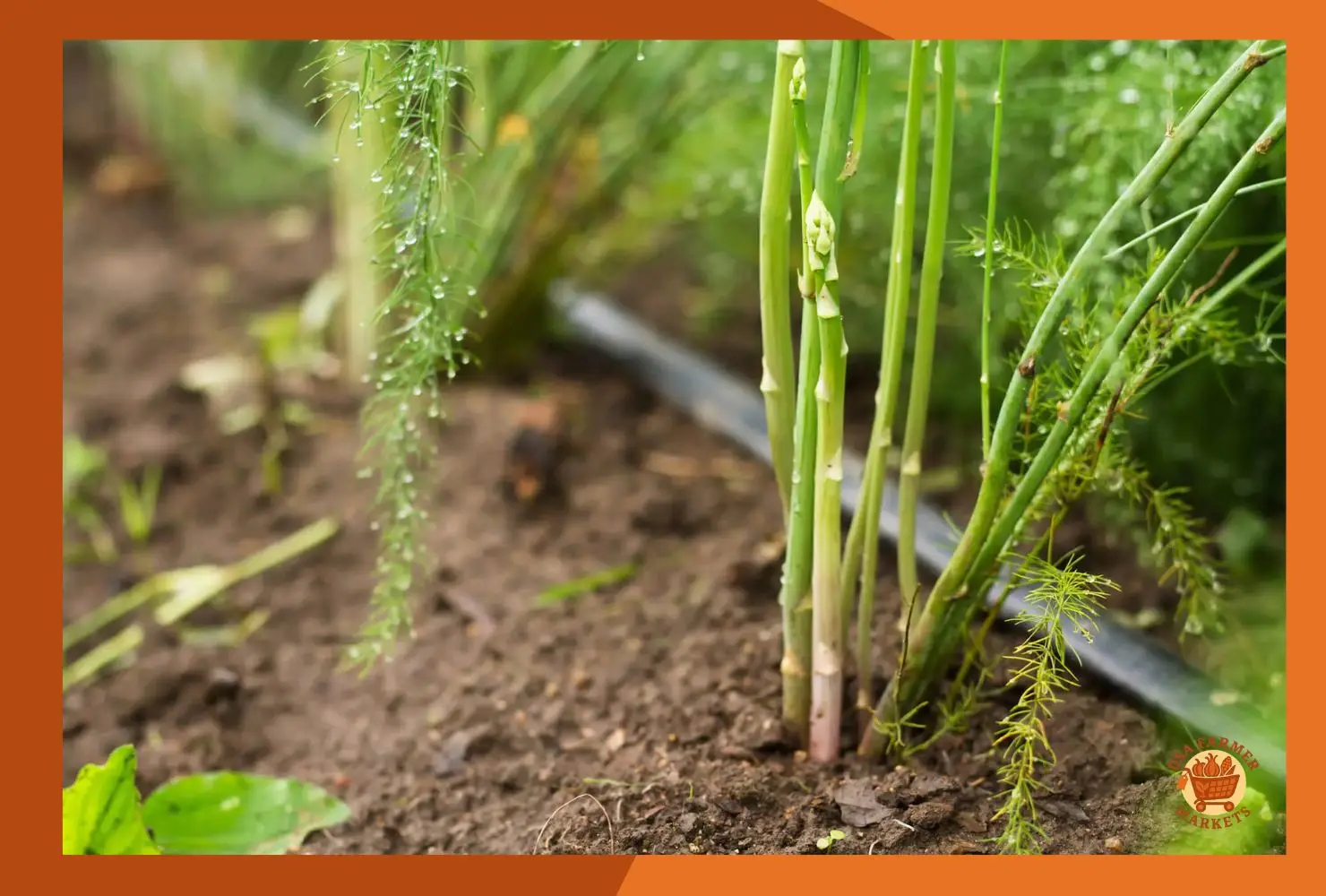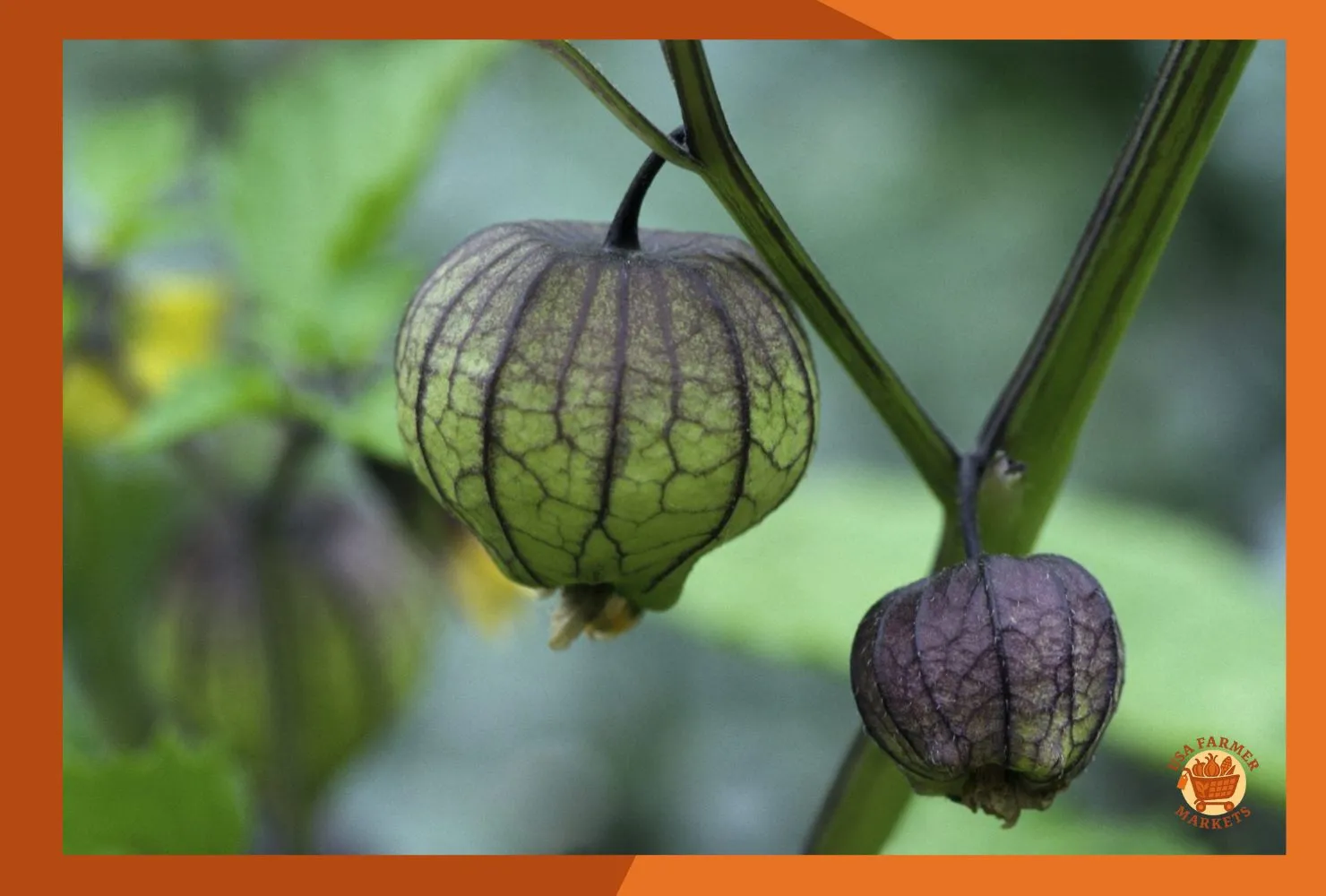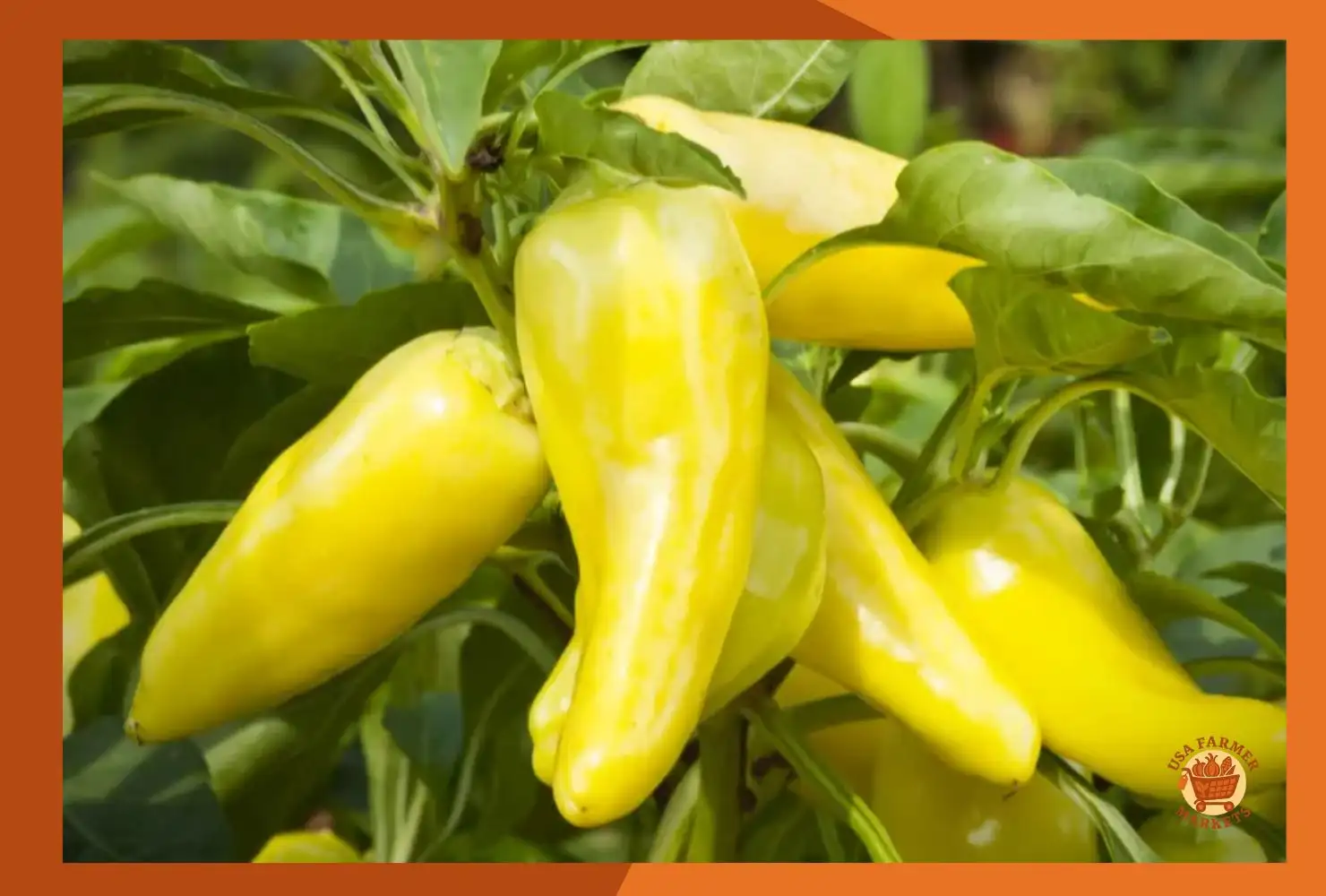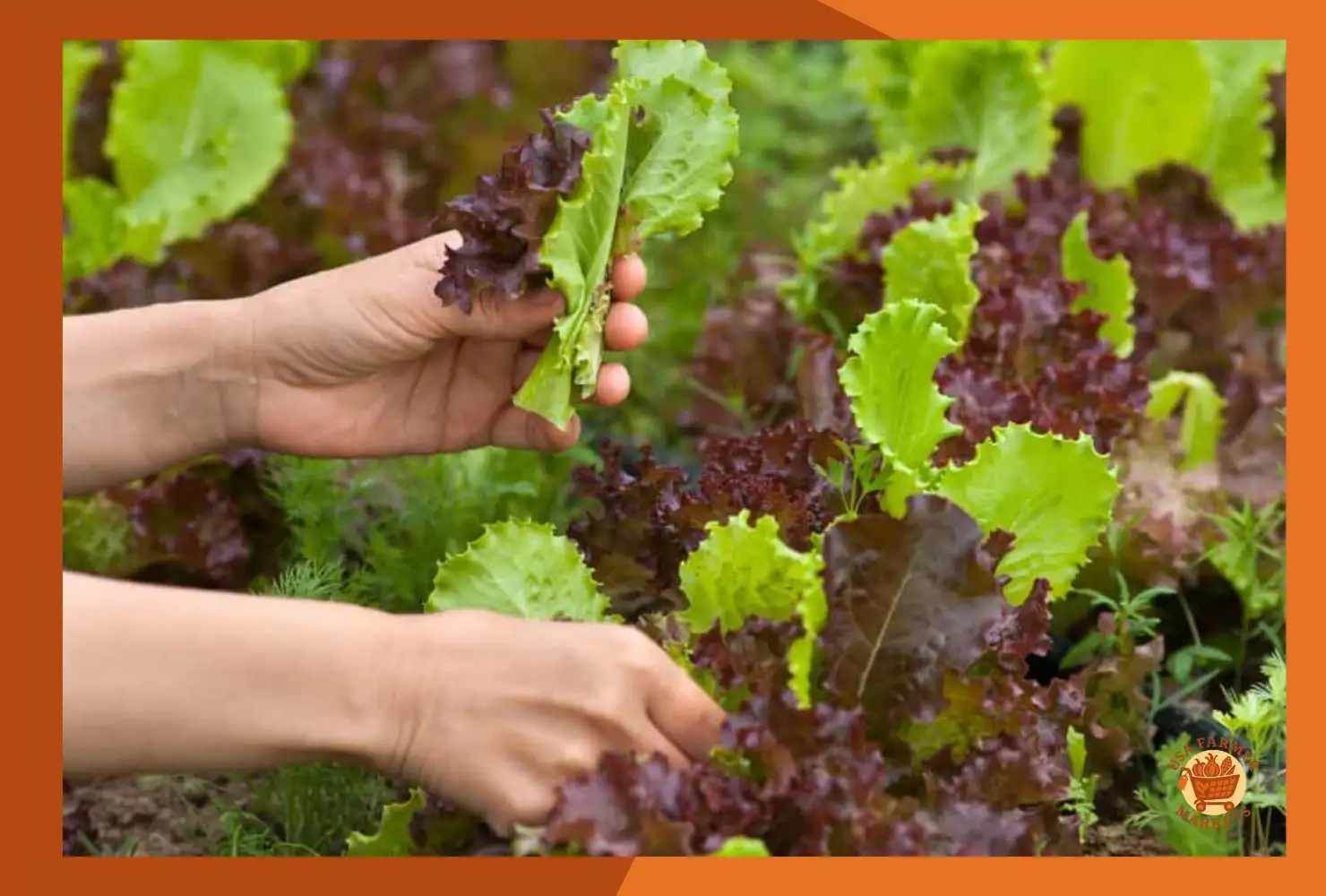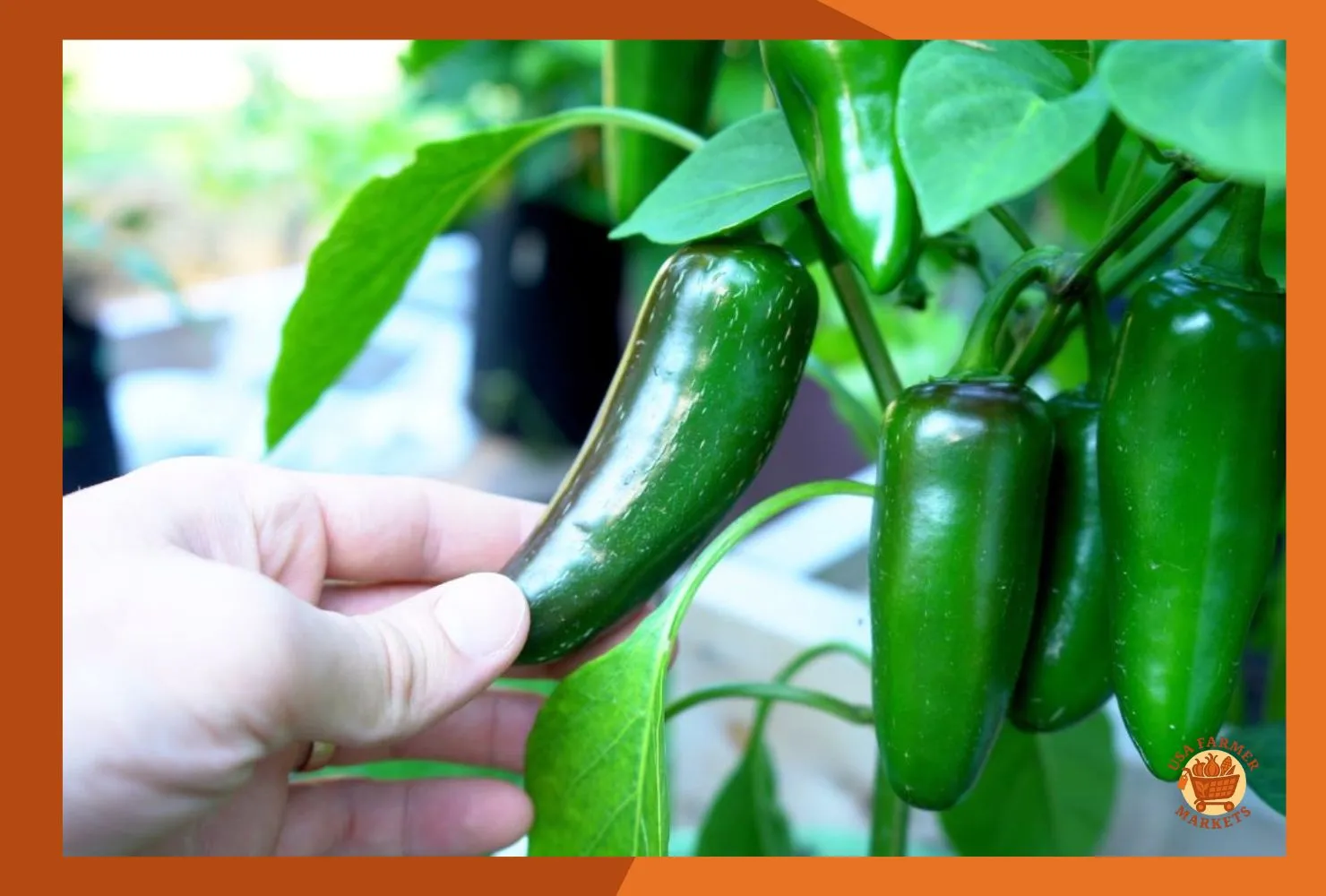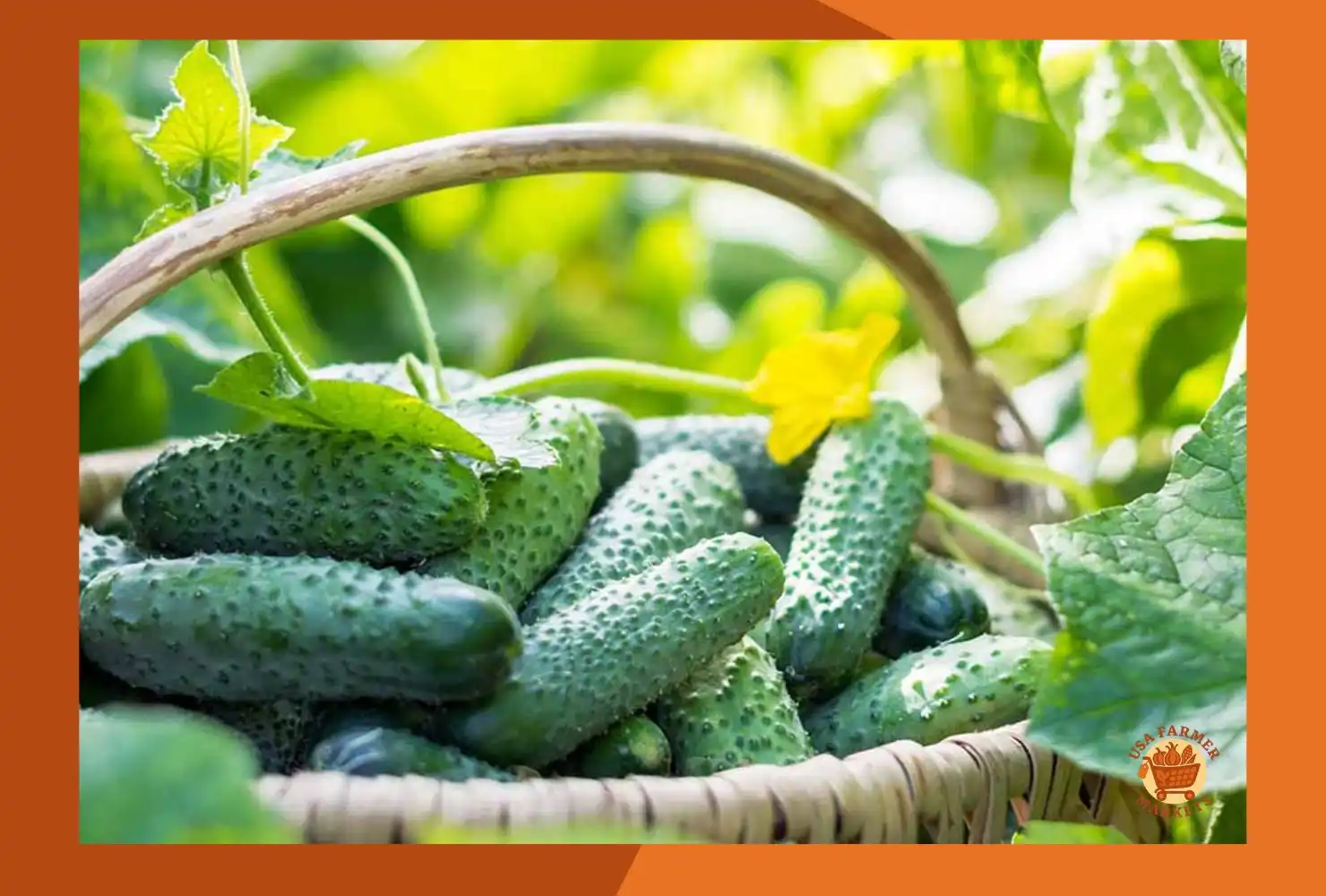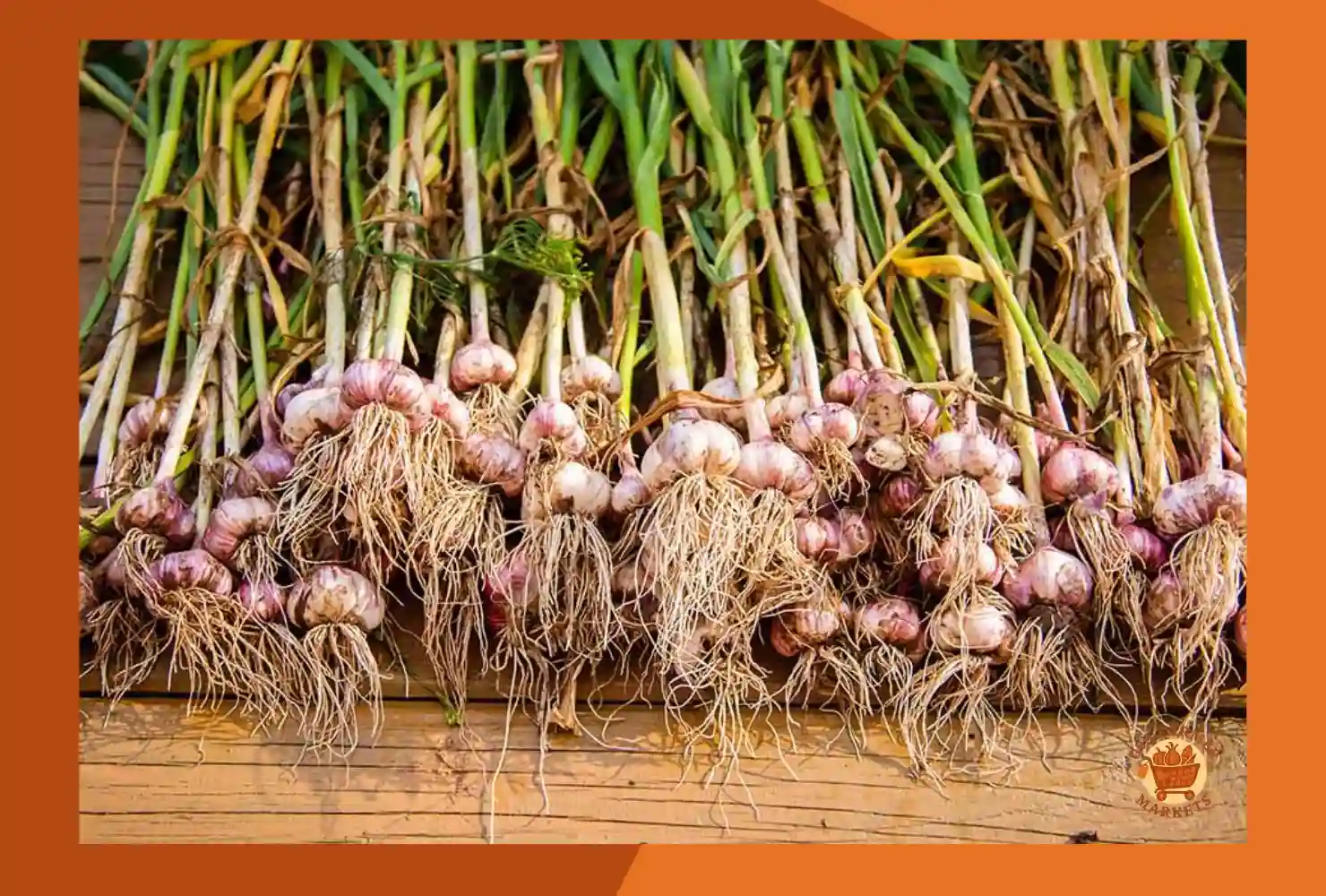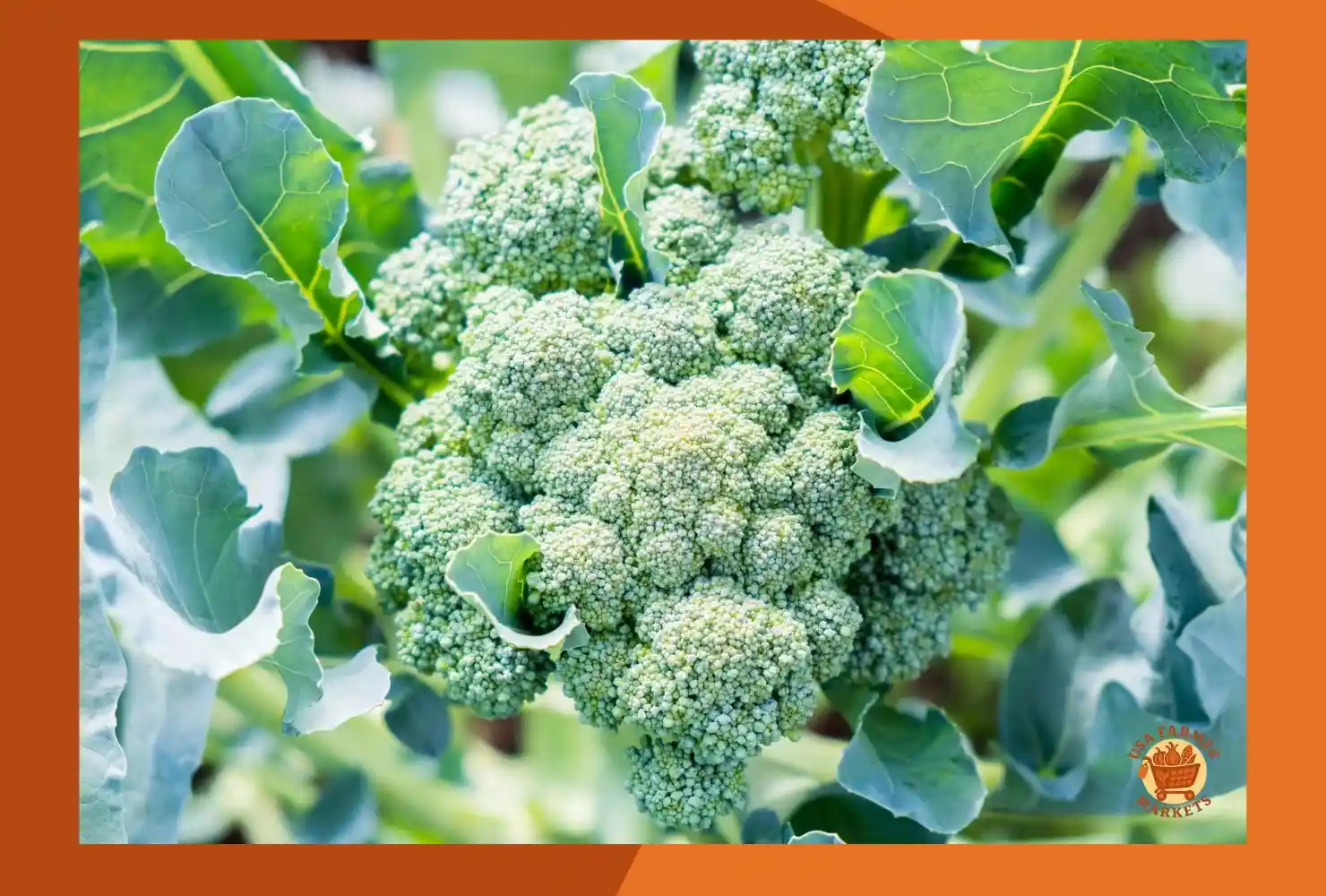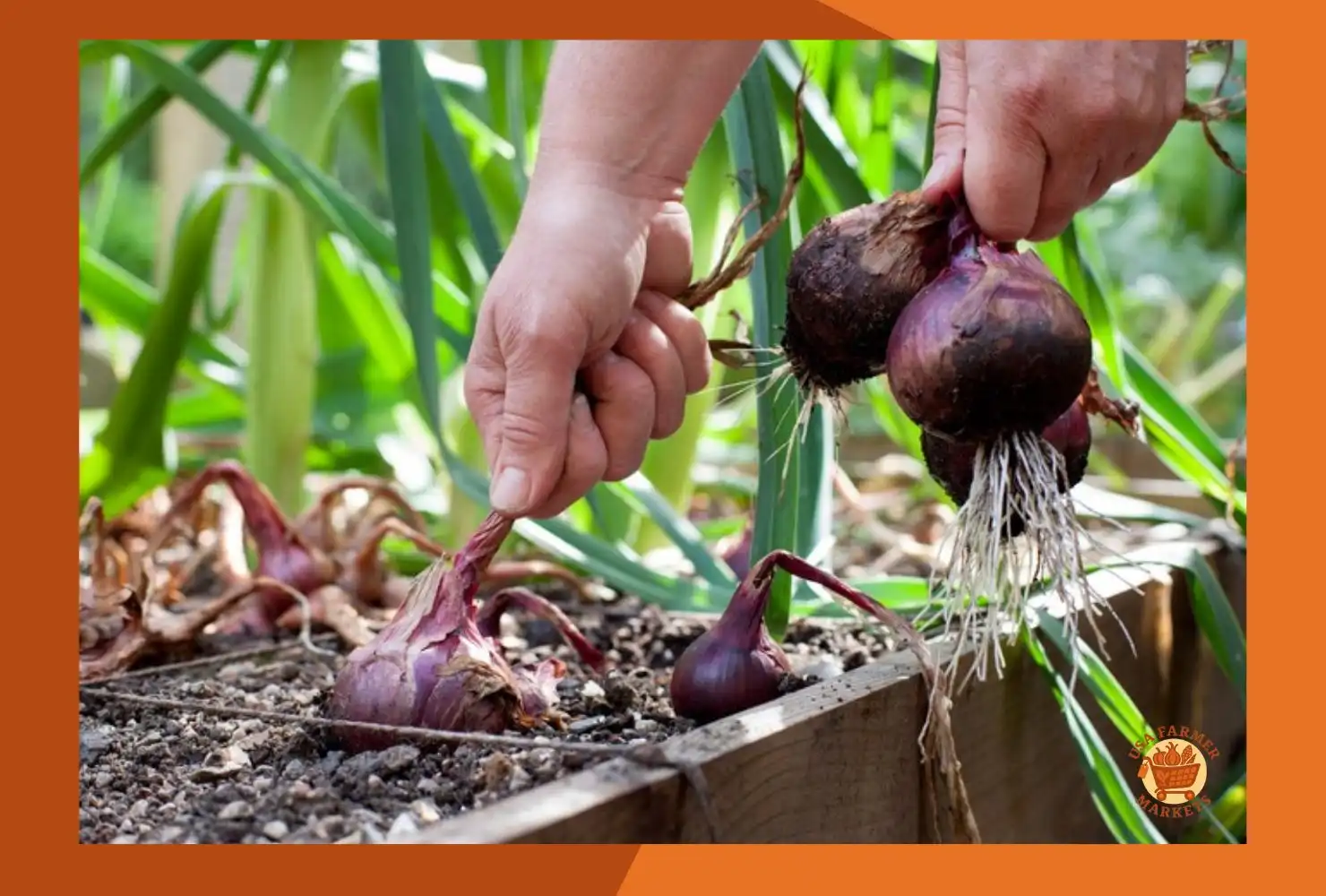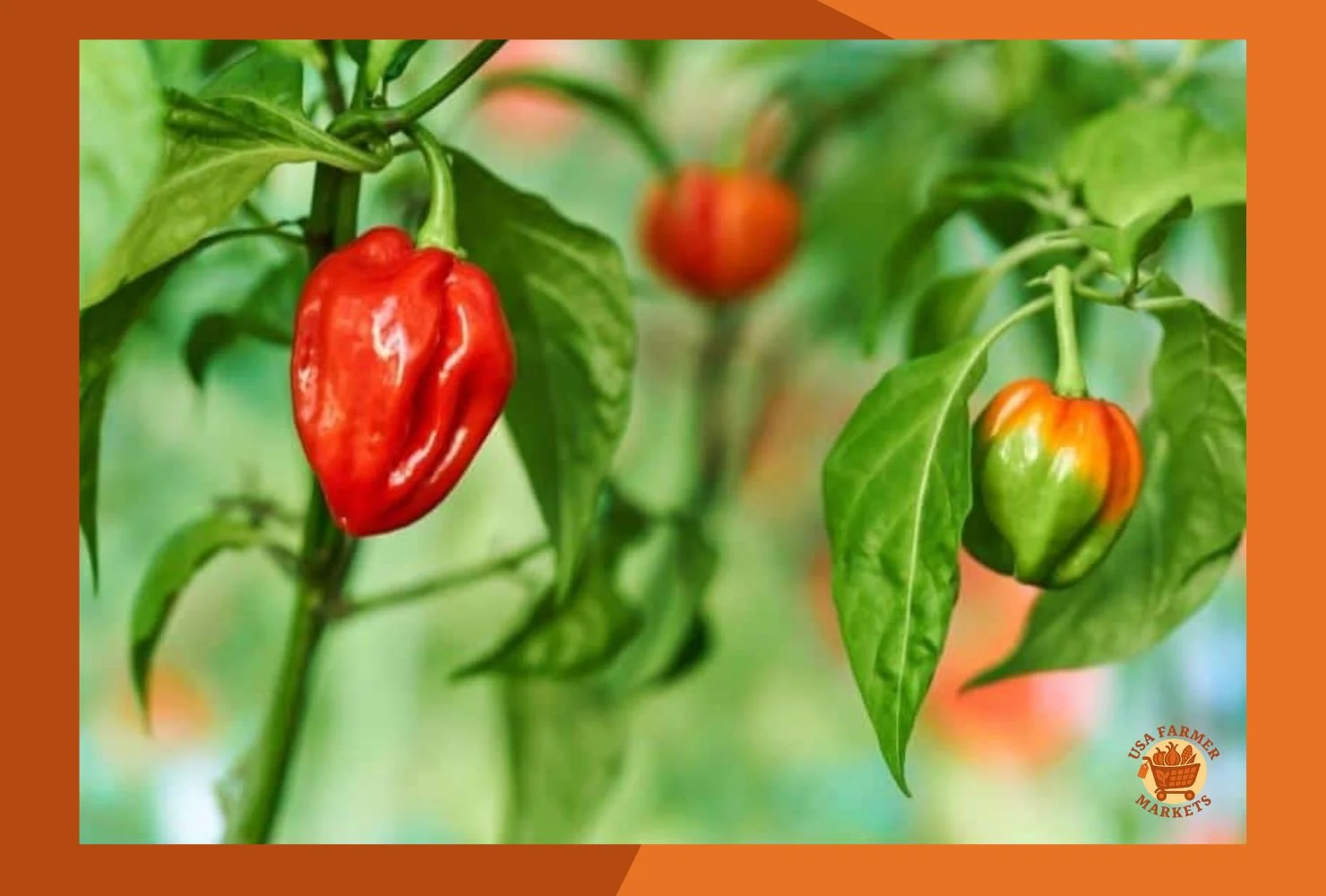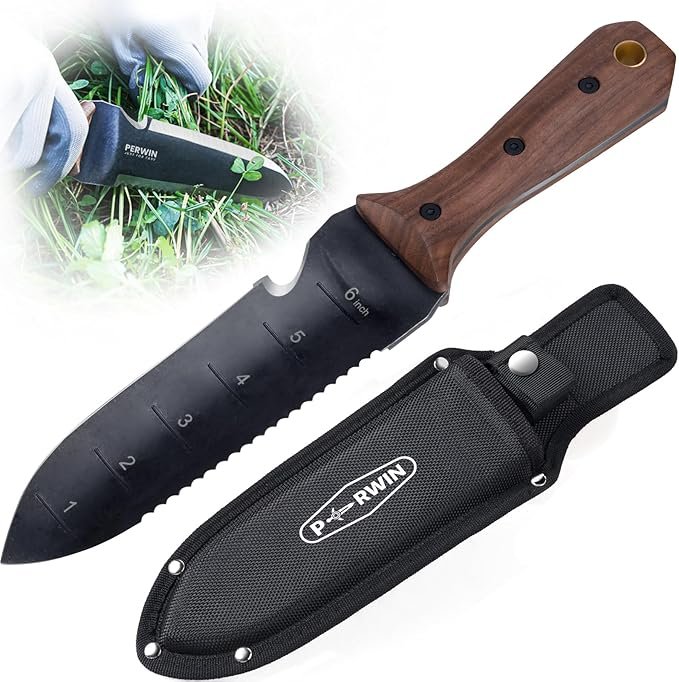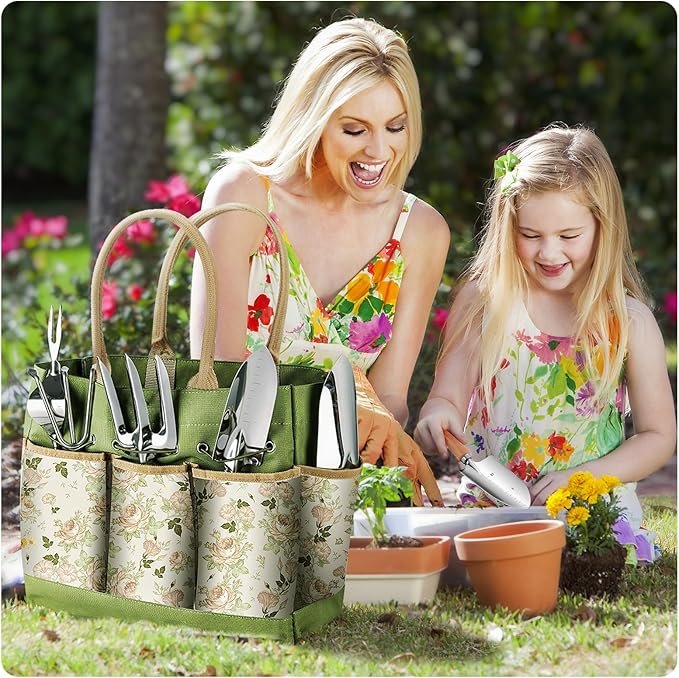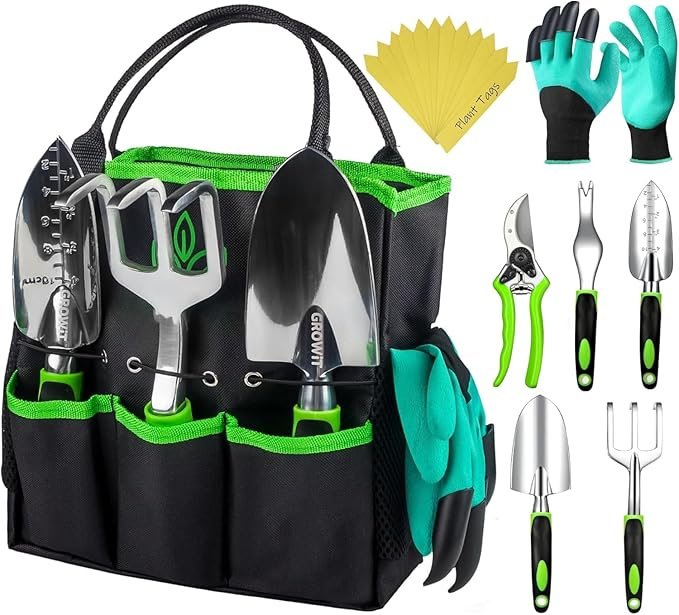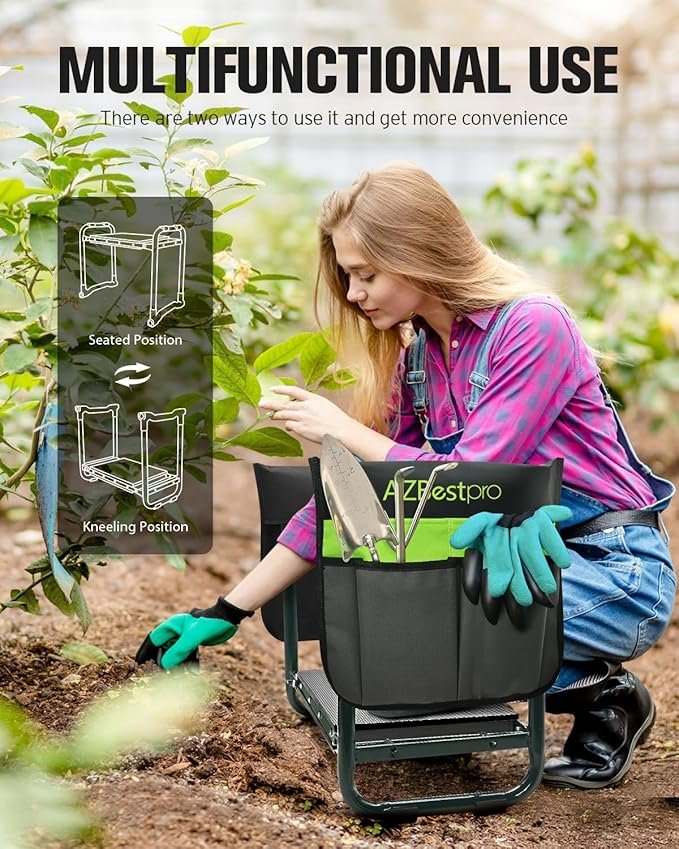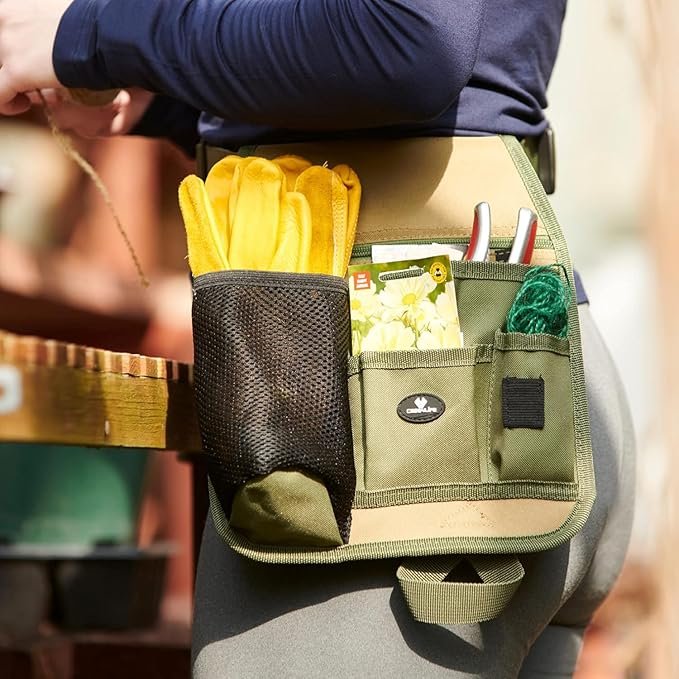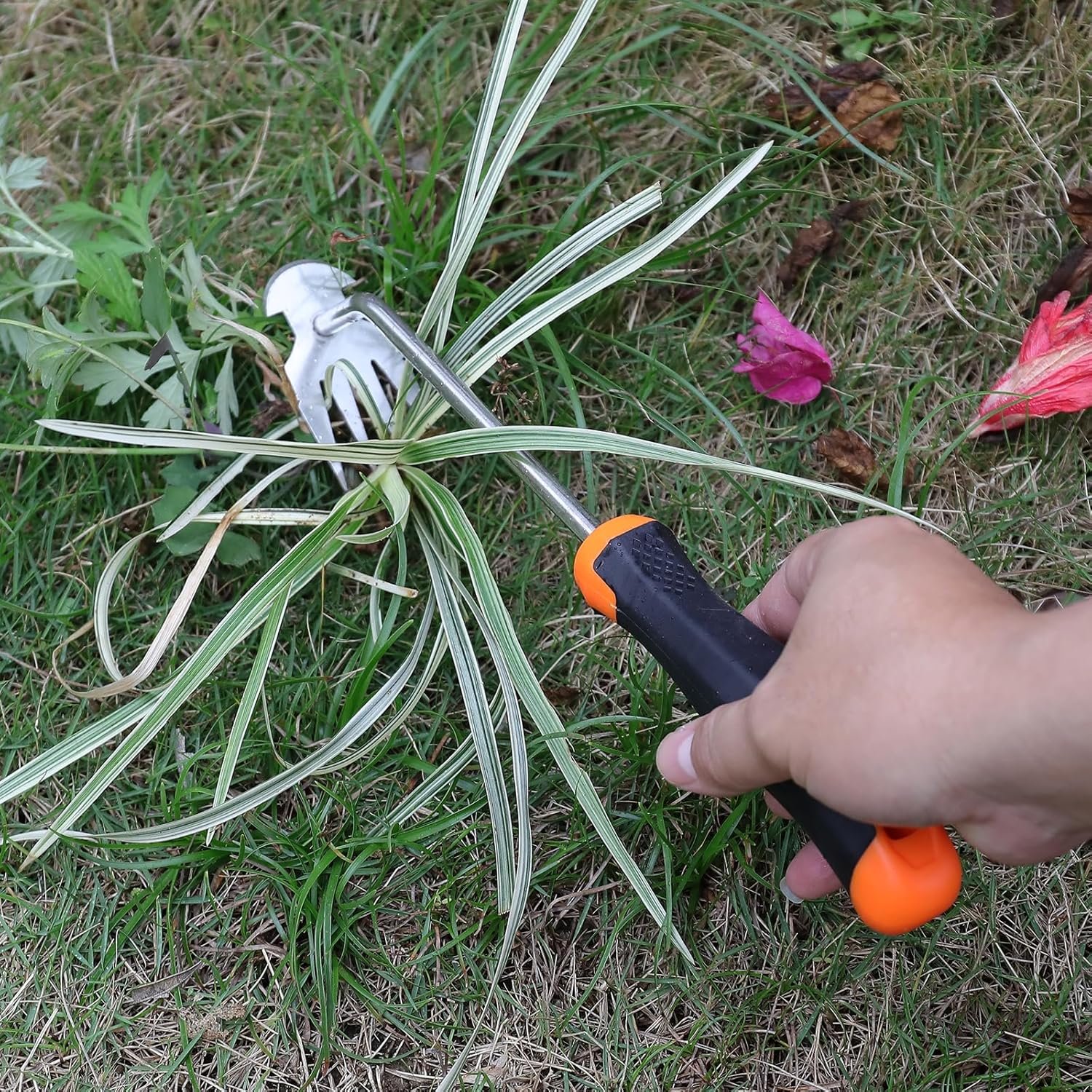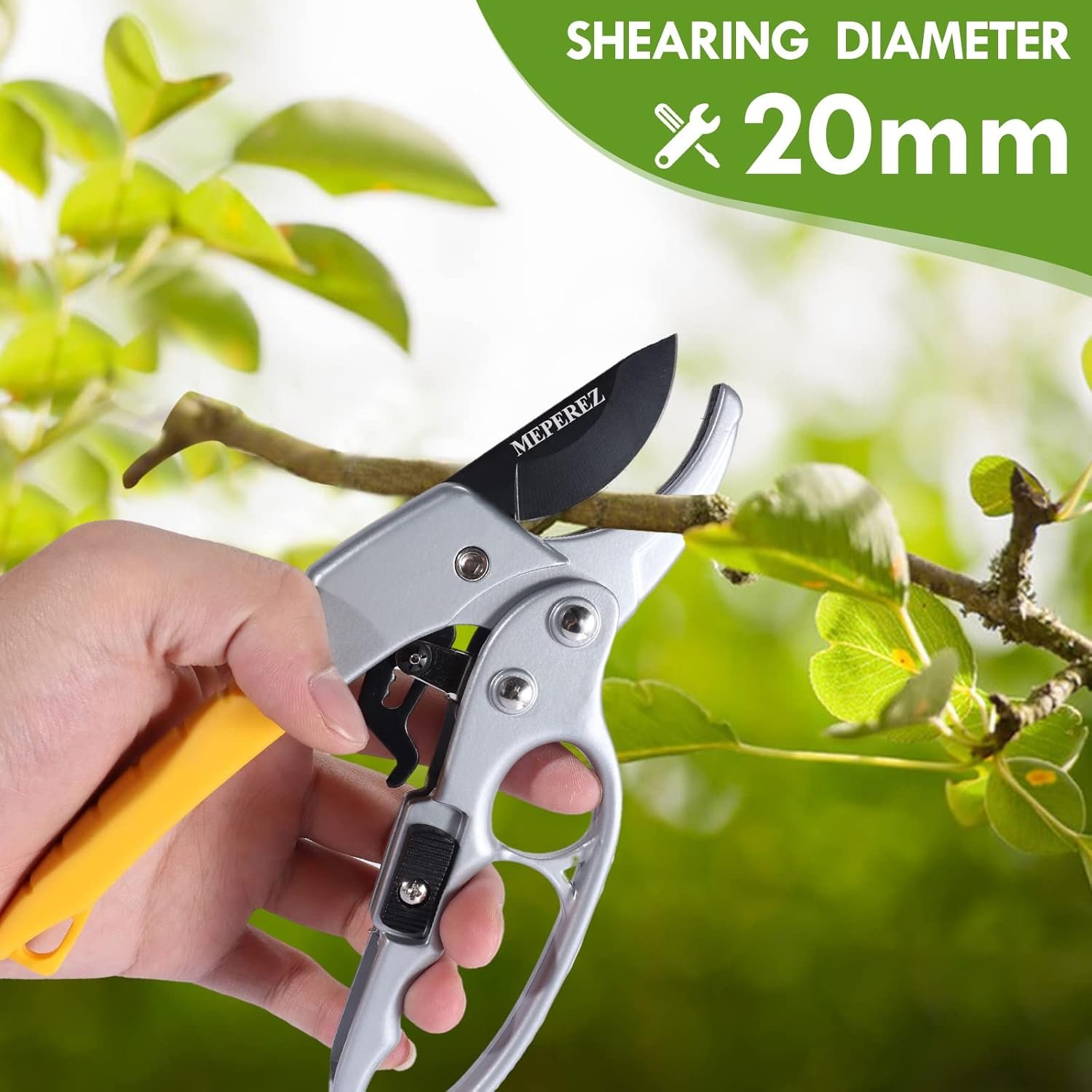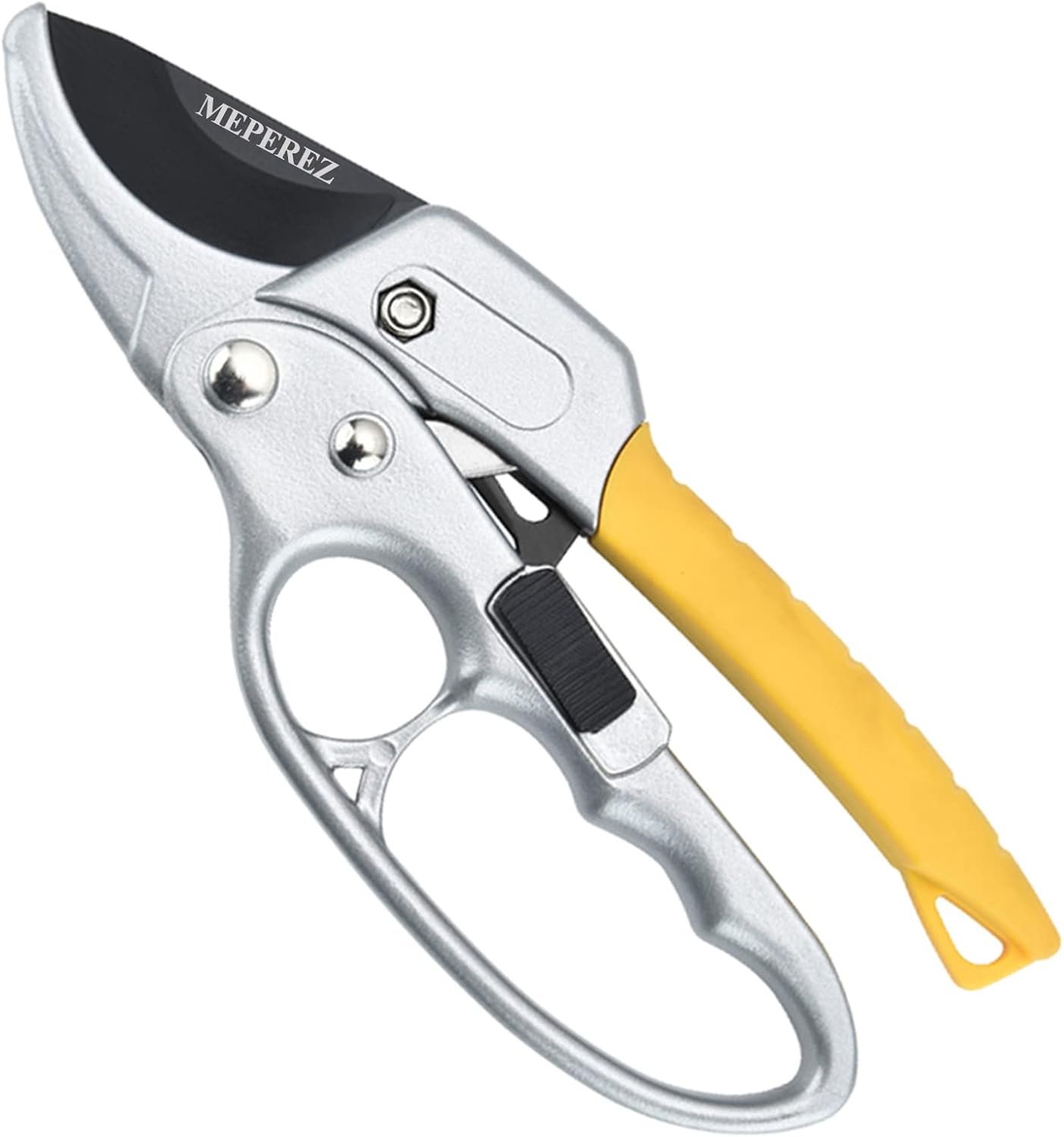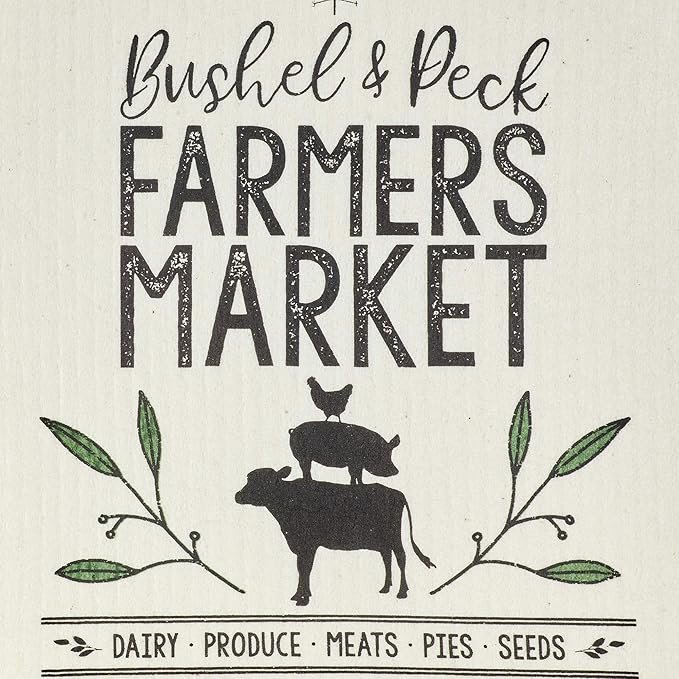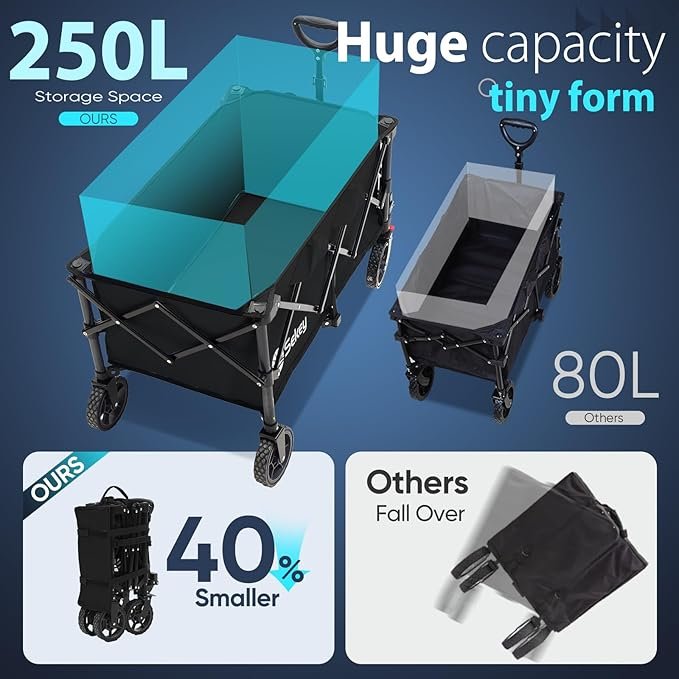Corn is one of the most rewarding crops to grow in your garden. Sweet, juicy kernels taste far better when picked at just the right time. But how do you know when your corn is ready for harvest? Picking too early or too late can make it lose its sweetness and texture. Let’s go step by step so you’ll always harvest your corn at the perfect stage. After learning about corn, you might also want to check out when to harvest onions or when to harvest garlic.
Table of Contents
ToggleHow to Know When Corn is Ready to Harvest
You’ll know corn is ready when:
- Silks turn brown – The tassel-like silks on top dry out and turn dark brown about 18–24 days after they first appear.
- Plump kernels – Gently peel back a bit of the husk and press a kernel with your fingernail. If a milky liquid comes out, it’s perfect.
- Firm but not hard ears – Ears should feel full and rounded when you squeeze them.
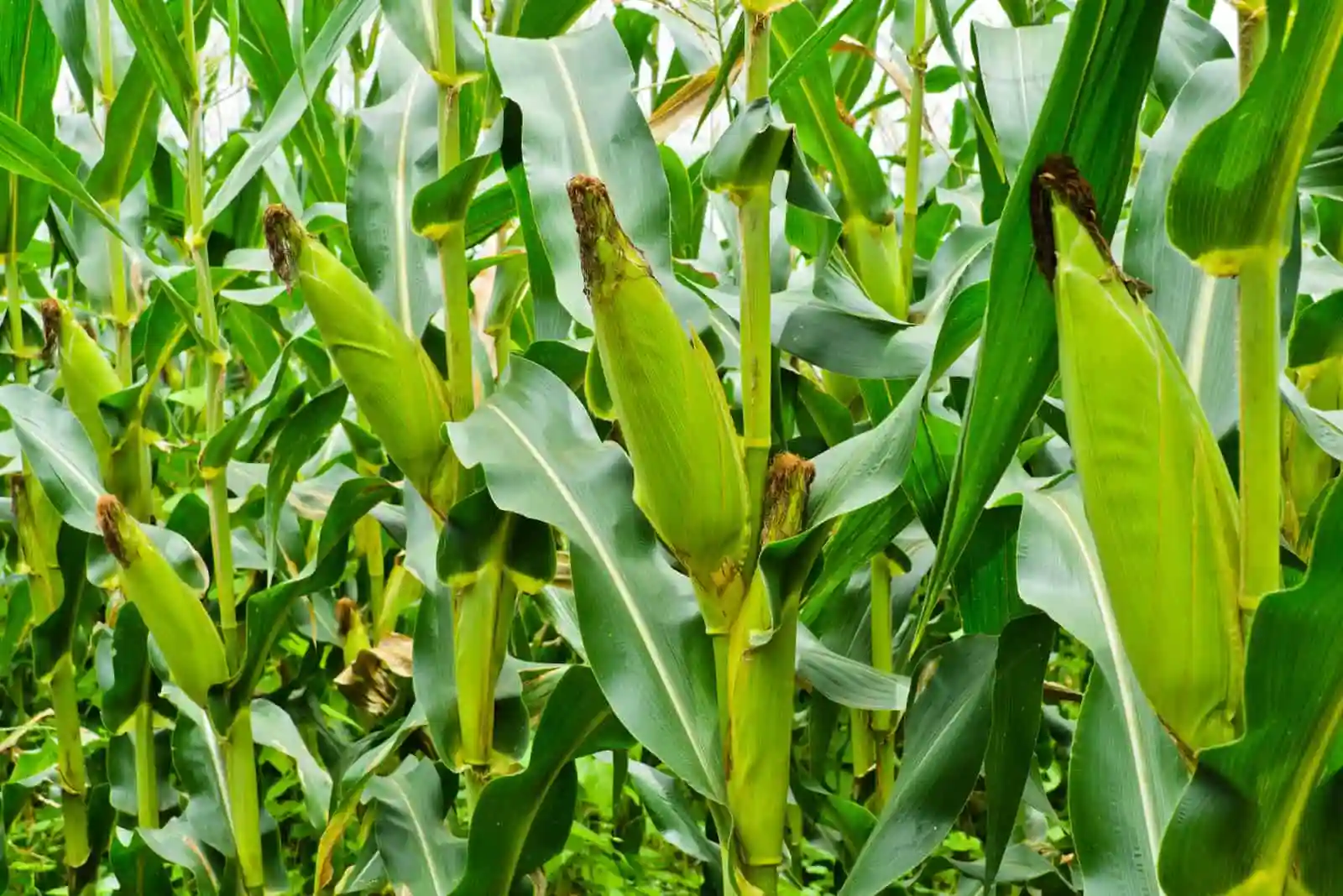
When NOT to Harvest Corn
Avoid harvesting if:
- Silks are still green and soft – kernels are likely too young.
- Kernels release clear liquid instead of milky – they’re still immature.
- Kernels feel hard and doughy – the corn is overripe and starchy.
Maturity Points for Corn Plants
Corn usually matures:
- Sweet Corn: 65–95 days after planting.
- Field Corn: 100–120 days after planting.
- Popcorn: 90–120 days after planting (left to dry fully on the stalk).
| Corn Type | Appearance at Maturity | Days to Maturity | Harvest Season |
|---|---|---|---|
| Sweet Corn | Kernels plump, milky when punctured, husks green, silks brown | 60–90 days | Mid – Late Summer |
| Field Corn (Dent Corn) | Kernels hard, dented on top, husks dry and brown | 90–120 days | Late Summer – Early Fall |
| Flint Corn | Kernels hard, glossy, and fully colored | 90–120 days | Late Summer – Fall |
| Popcorn | Kernels hard, shiny, cannot be dented with fingernail | 90–120 days | Fall |
| Flour Corn | Kernels soft, starchy, fully dry | 100–120 days | Fall |
| Baby Corn | Ears small, harvested before kernels swell, silks just appearing | 45–55 days | Early – Mid Summer |
| Ornamental Corn | Kernels fully colored, hard, husks dry | 100–120 days | Fall |
Best Time of Day to Harvest Corn
Morning is the best time to harvest corn. The cool temperatures help preserve sweetness before the sun reduces its natural sugar levels.
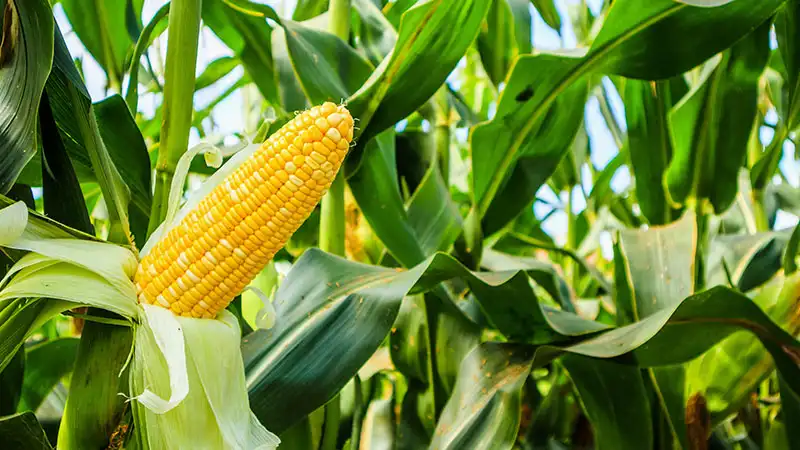
How to Harvest Corn Properly
- Hold the stalk firmly.
- Twist the ear downward and pull – it should snap off easily.
- Keep the husk on if you’re not eating it immediately.
What Happens if You Harvest Too Early or Too Late
- Too early: Small, underdeveloped kernels with little flavor.
- Too late: Kernels become tough, starchy, and lose their sweetness.
How Often to Harvest Corn (Indoor vs. Outdoor)
- Outdoor corn: Harvest once, since each stalk usually produces 1–2 good ears.
- Indoor corn (in containers/greenhouses): Harvest timing is similar but ears may be slightly smaller.
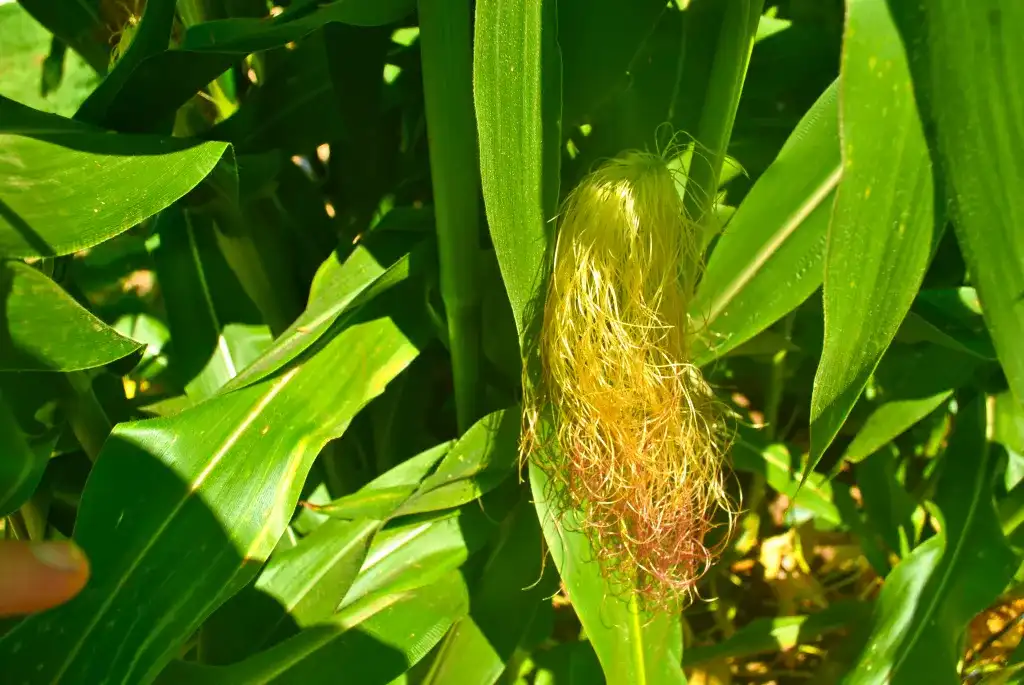
Storage Tips After Harvest Corn
- Eat as soon as possible for the best flavor.
- Refrigerate unhusked corn for up to 3 days.
- Blanch and freeze kernels if you want to store them longer.
Best Practices for Stronger, Tastier Corn
- Water regularly, especially during pollination.
- Mulch to keep soil moist.
- Pick ears promptly when ready leaving them too long reduces sweetness.
Final Words
Harvesting corn at just the right time makes all the difference. Watch the silks, check the kernels, and pick in the morning for maximum sweetness. With a little care, your corn will be crisp, juicy, and delicious every time.
FAQs
Q: How many ears of corn grow on one stalk?
A: Most stalks produce 1–2 good ears.
Q: Can I leave corn on the stalk after it’s ready?
A: Not for sweet corn – it will lose sweetness quickly.
Q: How do I know if field corn is ready?
A: Field corn is left until kernels are hard and dry, usually for animal feed or milling.
Q: Can I grow corn in pots indoors?
A: Yes, but expect smaller stalks and fewer ears than in outdoor gardens.

